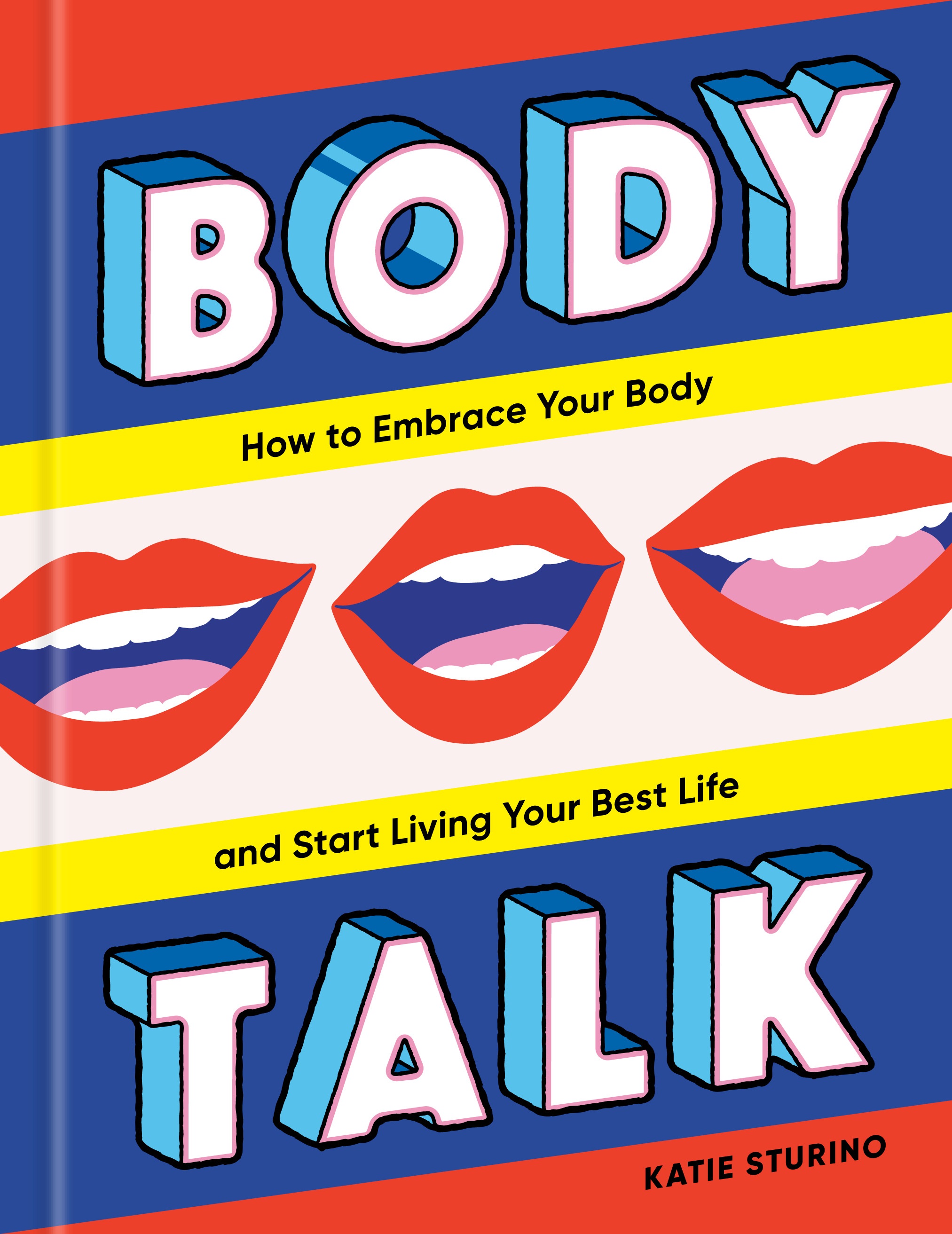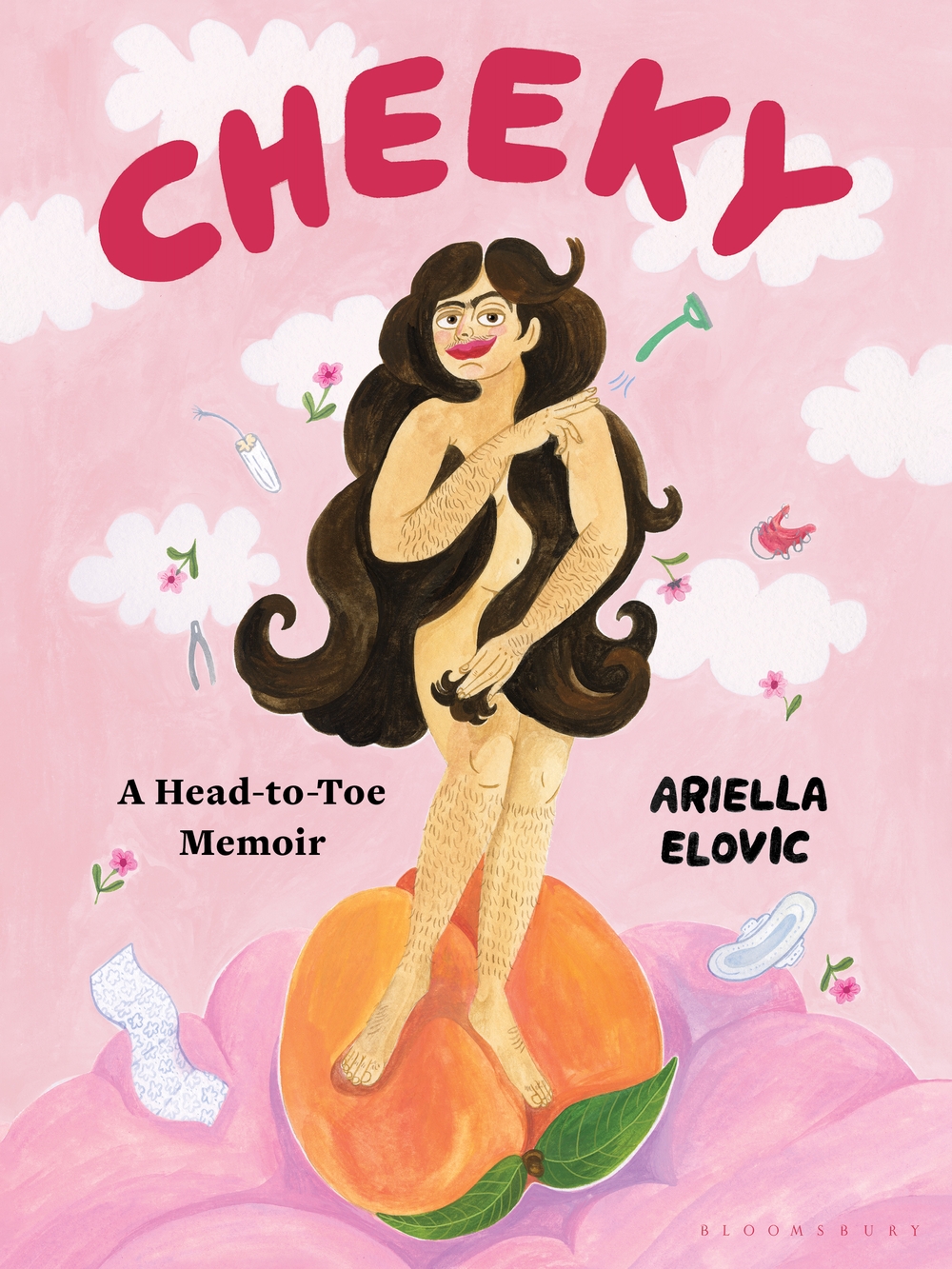Ideas surrounding body positivity, such as fat acceptance and exercise for all, have been around feminist circles for decades. In recent years, the movement has gone mainstream, boosted by social media hashtags, and the corporate co-option of its language—think Dove’s Real Beauty campaign. Indeed, the authors of several forthcoming titles on this theme developed their voices on social media; others provide critiques of those same platforms.
When Lauren Geertsen was diagnosed with an autoimmune disease in high school, she found that “the messages women were receiving from Western medicine, as well as the diet and beauty industries, were that our internalized worth is dependent on what we look like,” she says. In The Invisible Corset, she aims to give women the mental, emotional, and spiritual tools to counter this message, and to “introduce the concept of having a body partnership rather than a body ownership.”
Cheeky, a memoir in comics by Ariella Elovic, started as an Instagram project. “I wanted to write about female friendships and how I relate to my own body,” she says. “I found this exercise very powerful. The ‘me’ that was so insecure felt so far away from who I now was.”
In the book, Elovic looks back at her youth and the moments she learned that her brows or thighs were imperfect or undesirable, and explores how she undid those notions. “My body is part of me, but it’s also a character,” she says. “My boobs have character. My aim is to demonstrate [to readers] the joy that comes with accepting their bodies.”
In their new books, Elovic, Geertsen, and other authors continue the discussion.
Body Talk
In a work that’s part illustrated pep talk and part guided journal, Sturino, founder of the Megababe line of beauty products, provides affirmations, advice, and space for readers to note their feelings and inspirations. The author is a body positivity influencer—more than 500,000 people follow her personal Instagram account, and more than 100,000 follow Megababe’s.
more
Cheeky
Elovic, an illustrator whose work has been featured in Teen Vogue and on Refinery29, makes a “spirited debut,” PW’s review said, with this “lighthearted feminist memoir.” In it, she tracks her progression from body self-consciousness to body acceptance, and how she learned to embrace her “brow boa” (unibrow) and “upper lip lick” (mustache).
more
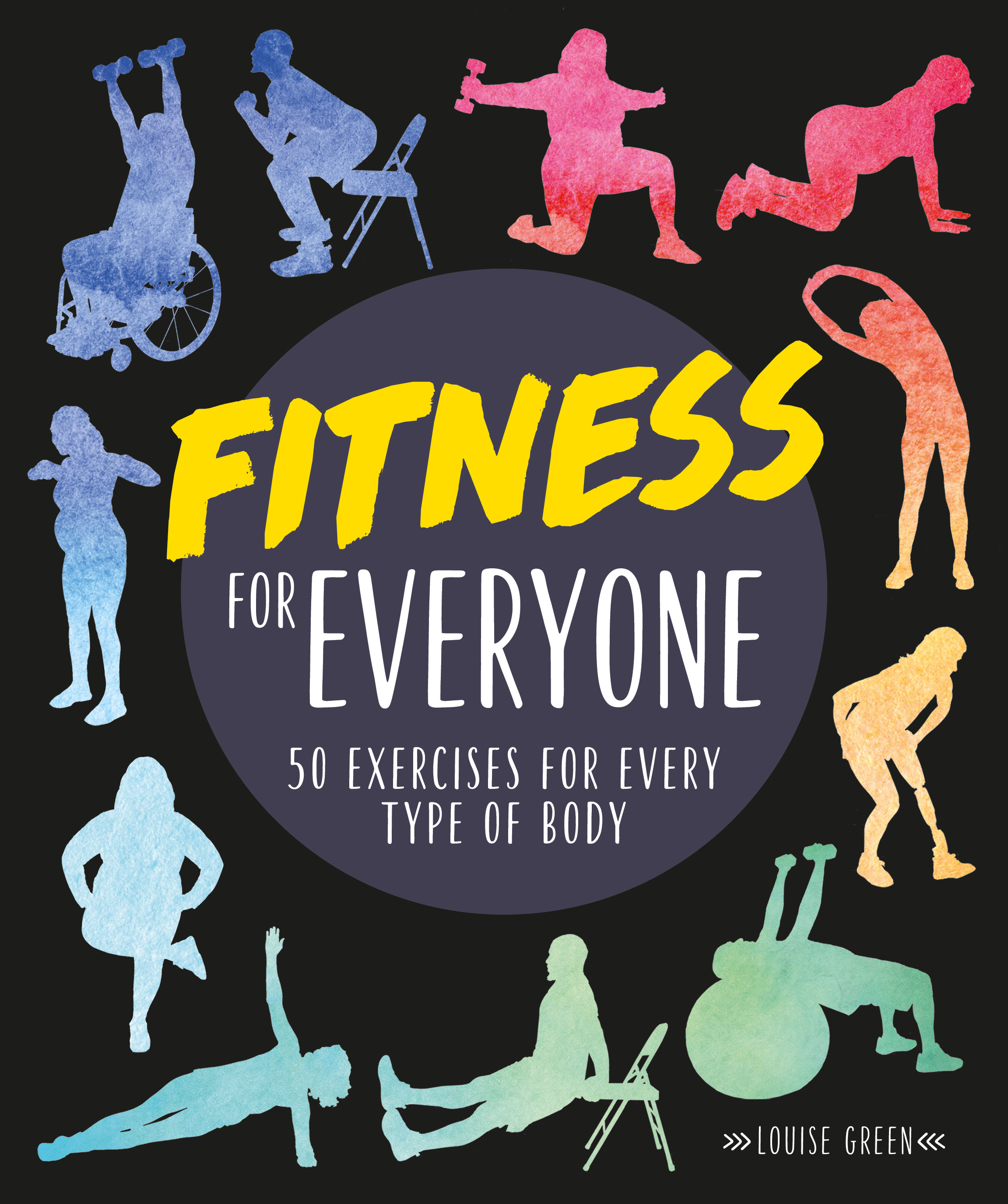
Fitness for Everyone
Written for novices, this instructional book offers readers 10 workout plans and 50 exercises, each with modifications for different body types and abilities; color photos showcase diverse models. Green is a personal trainer and fitness coach and one of the first plus-size athletes to be featured in many mainstream health and fitness magazines, including Runner’s World.
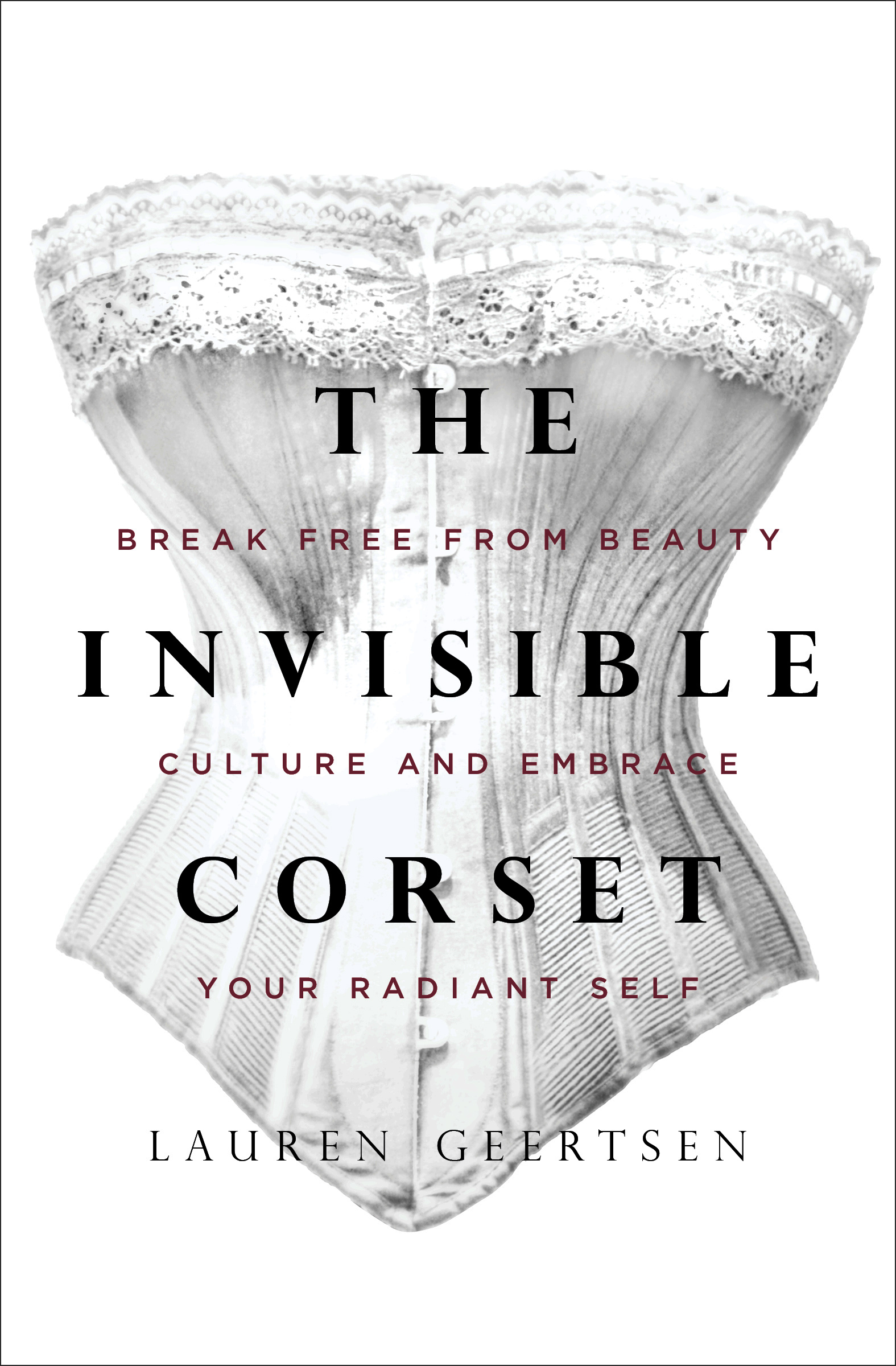
The Invisible Corset
According to Geertsen, the “invisible corset” comprises culturally inherited beliefs tied to acceptable standards of beauty and body image that make women insecure or anxious about their self-worth. The author, a nutritional therapy practitioner, critiques these narratives, focusing on fixing broken systems rather than individual change.
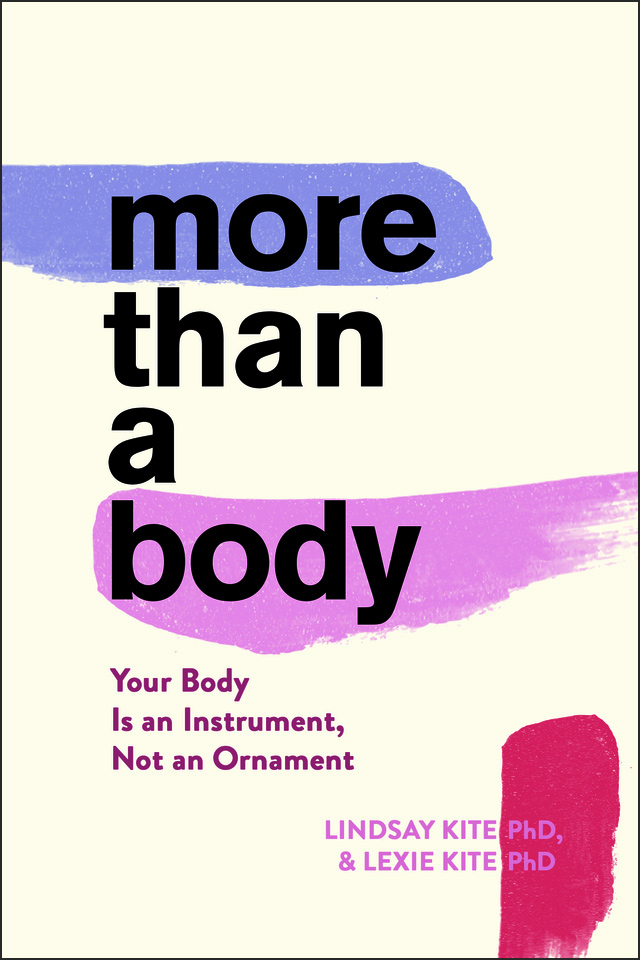
More Than a Body
Drawing on consumer research and media literacy, the authors—identical twin sisters who both hold doctorates in communications—dissect body positivity messaging, then provide a road map toward what they term “body image resilience.” The book extends the messaging of the nonprofit platform the pair cofounded, Beauty Redefined.
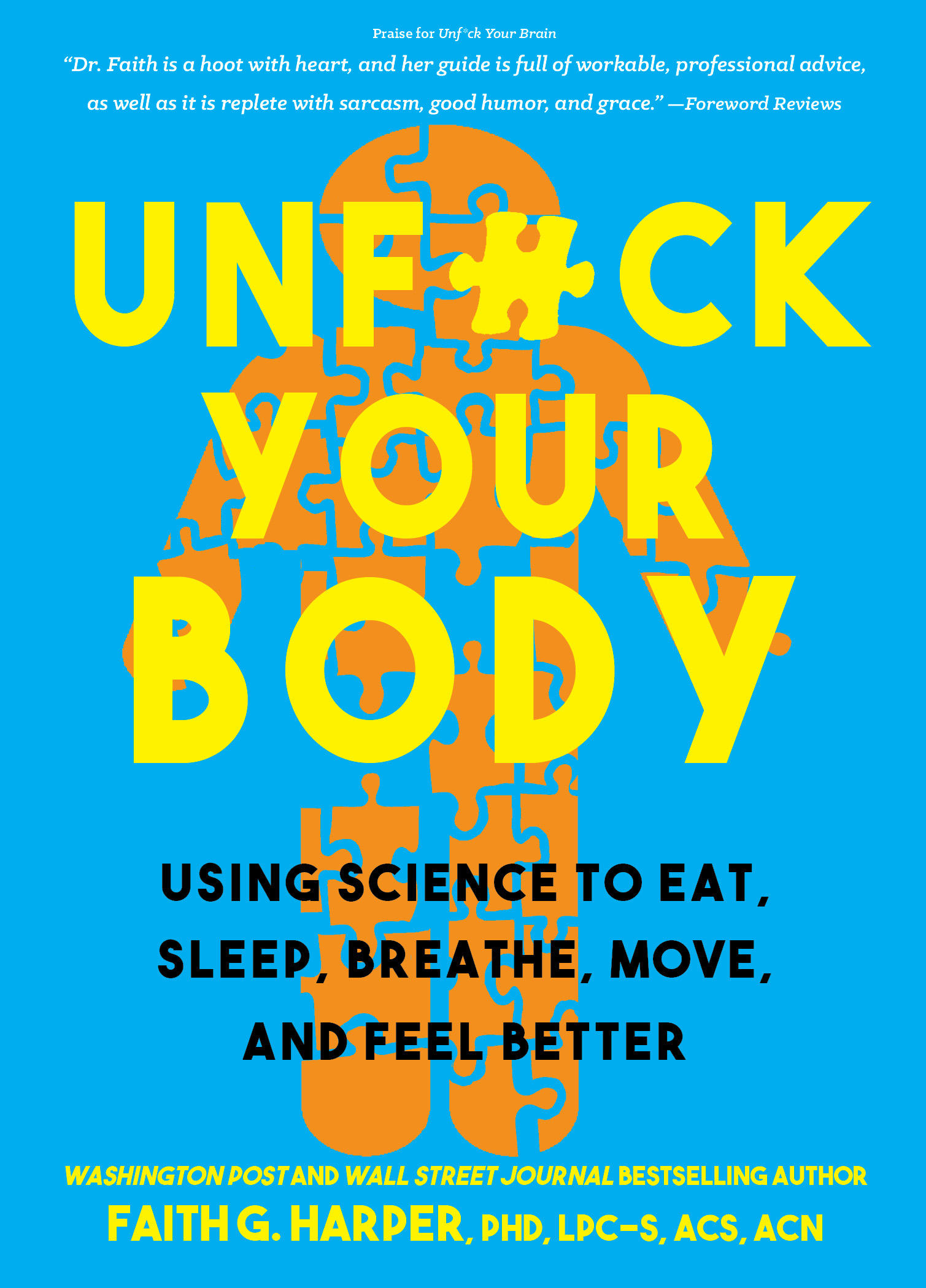
Unfuck Your Body
Harper, a therapist and nutritionist whose numerous titles include 2019’s Unfuck Your Intimacy, addresses issues of body shame, chronic stress, and disability by elucidating emerging science linking the gut and brain. By understanding the effect one has on the other, the reasoning goes, readers can reconnect with their bodies. A companion workbook pubbing the same day may be used with the book or on its own.
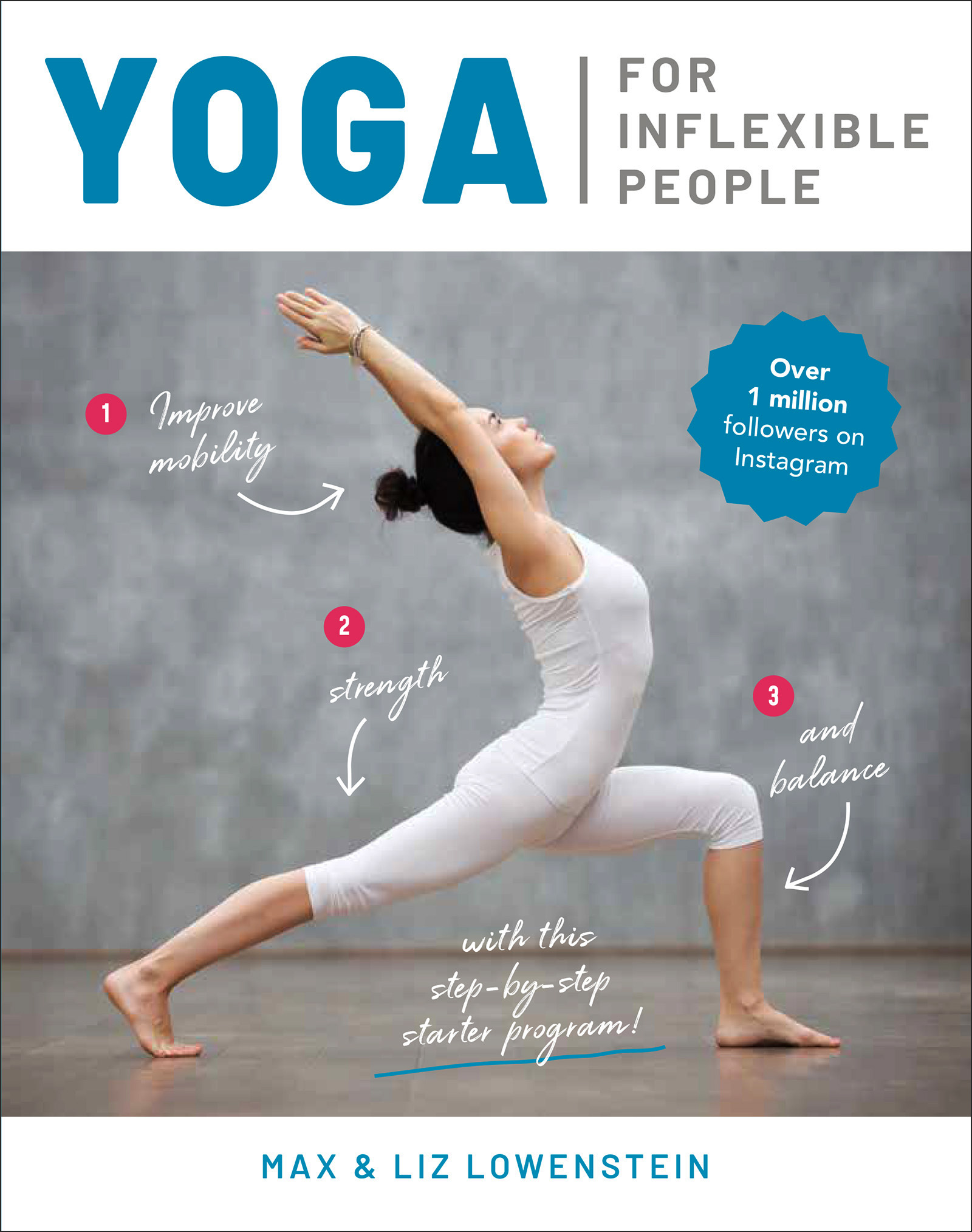
Yoga for Inflexible People
More than 1.4 million people follow @InflexibleYogis, the Lowensteins’ Instagram handle, which showcases before-and-after shots of their students mastering various yoga postures. Their debut book does much the same, offering readers more than 40 beginner, intermediate, and advanced positions demonstrated by practitioners of differing ages, body types, and experience.
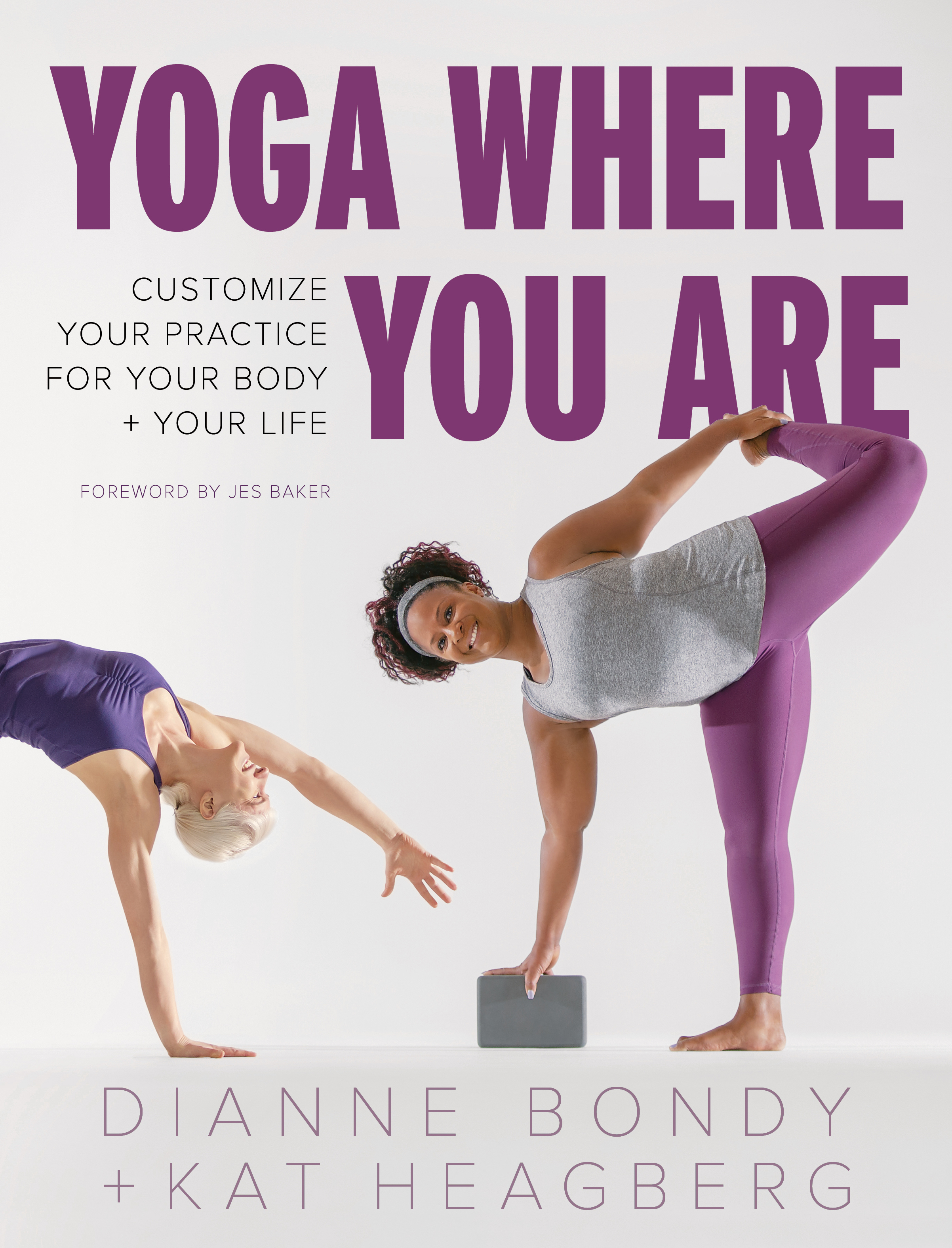
Yoga Where You Are
Bondy, author of 2019’s Yoga for Everyone and a social justice activist, brings her experience to bear on this guide to building a home practice. Written with Heagberg, editor of Yoga International, the book provides written instructions and illustrative photographs for pose adjustments based on body shape, size, and ability.



